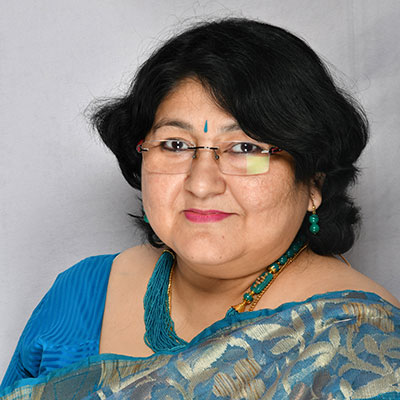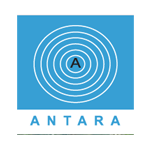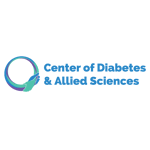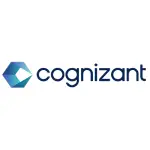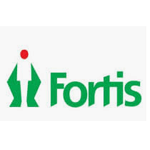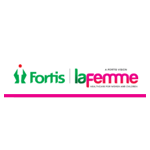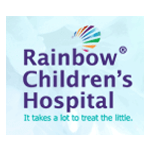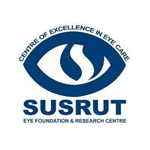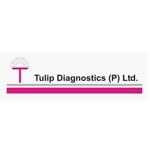- Home
- About Us
- Courses
- NSHM Business School
- BBA (Bachelor of Business Administration)
- BBA – Hospital Management
- BBA – Global Business
- BBA – Sports Management
- BBA – Accountancy, Taxation & Auditing
- BBA – Accountancy, Taxation and Auditing + BSE Certification
- BBA – Banking & Financial Services
- MBA (Master of Business Administration)
- Executive MBA
- MHA (Master of Hospital Administration)
- NSHM Institute of Health Sciences
- Bachelor of Pharmacy
- Bachelor of Pharmacy (Lateral)
- Bachelor of Optometry
- B.Sc. – Psychology
- B.Sc. – Dietetics and Nutrition
- B.Sc. – Medical Lab Technology
- B.Sc. – Radiology & Medical Imaging Technology
- B.Sc. – Critical Care Technology
- B.Sc. – Yoga
- Master of Optometry
- Master of Optometry (BL)
- Master of Pharmacy – Pharmacology
- Master of Pharmacy – Pharmaceutics
- Master of Public Health
- Master of Public Health (BL)
- M.Sc. – Clinical Psychology
- M.Sc. – Dietetics and Nutrition
- M.Sc. – Medical Lab Technology
- M.Sc. – Radiology & Imaging Technology
- M.Sc. – Yoga
- M.Sc. – Yoga (BL)
- NSHM Design School
- NSHM Institute of Computing & Analytics
- NSHM Institute of Engineering & Technology
- B. Tech. – Mechanical Engineering
- B. Tech. – Mechanical Engineering (Lateral)
- B. Tech. in Civil Engineering
- B. Tech. – Civil Engineering (Lateral)
- B. Tech. – Computer Science Engineering
- B. Tech. – Computer Science Engineering (Lateral)
- B. Tech. – Electronics & Communication Engineering
- B. Tech. – Electronics & Communication Engineering (Lateral)
- B. Tech. – Artificial Intelligence and Machine Learning
- B. Tech. – Artificial Intelligence and Machine Learning (Lateral)
- B. Tech. – Electrical Engineering
- B. Tech. – Electrical Engineering (Lateral)
- B. Tech. – Data Science
- B. Tech. – Data Science (Lateral)
- NSHM Institute of Hotel & Tourism Management
- NSHM Institute of Nursing
- NSHM Media School
- NSHM Business School
- Schools & Campuses
- Beyond Academics
- Admissions
- News & Events
- Contact Us
Overview
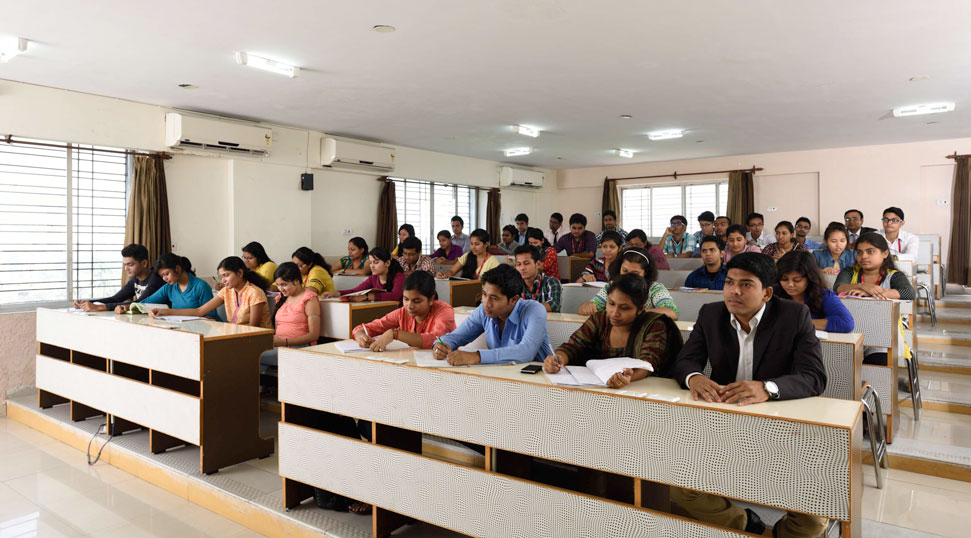
NSHM offers M.Sc. in Clinical Psychology, a post graduate Psychology programme that enables students to study various aspects of human behaviour, observe patients with various mental health concerns and apply their understanding of that behaviour to treat patients.
NSHM provides the best M.Sc. in Clinical Psychology in West Bengal. Clinical psychology represents the largest sub-field of psychology. Specialty areas within clinical psychology include child mental health, adult mental, learning abilities, emotional disturbances, substance abuse and geriatrics and health psychology. The programme aims at training students to work in a variety of clinical settings including hospitals, schools, public agencies, and private practice. It also provides a foundation for students interested in pursuing advanced doctoral studies.
Programme Education Objective
- Become successful professionals with strong multidisciplinary knowledge and technical competence in the field of Clinical Psychology and use the integration of knowledge and competence necessary for success in the profession.
- Develop interdisciplinary approach and analytical thinking in designing and solving problems related to psychological phenomena using standardised psychometric assessment tools of intellectual functioning, executive functioning, personality, and various diagnostic tools.
- Attain the skill for understanding group dynamics with the objective to contribute positively towards collaborative activities and demonstrate the capacity for self-management and team work through effective communication.
- Pursue a career for lifelong learning with personal and professional growth, superior work ethics and character towards sustainable betterment of the society by engaging in self learning methodologies.
Career Opportunities
Employment of psychologists is projected to grow 3 percent from 2019 to 2029, about as fast as the average for all occupations. On successful completion of the programme, a student can be gainfully employed as:
- Caregiver
- Career Counsellor
- Career Employment Specialist
- Child Care Worker
- Clinical Psychologist
- Counselling Psychologist
- Community Relations Officer
- Developmental Psychologist
- Day-care Centre Supervisor
- Educational Psychologist
- Forensic Psychologist
- Health Educator
- Industrial Psychologist
- Neuropsychologist
- Psychiatric Technician
- Public Statistician
- Psychiatric Assistant
- Recreation Worker
- Rehabilitation Specialist
- Research Psychologist
- Social Psychologist
- Social Worker
- Staff Recruiter
Programme Structure
Core Curriculum
Fundamental Knowledge of Psychology
Cognitive processes
basic cognitive processes, such as, attention, learning, memory, psychophysics and perceptual systems.
Theories of Personality
learning and cognizing psychodynamic, behaviouristic and humanistic frameworks of personality.
Biological basis of behaviour
fundamentals of central and peripheral nervous system along with their functions and underlying physiological explanation of various psychological processes and disorders
Social psychology
various interpersonal, psychological and psychosocial processes to understand society that has applications in daily living such as communication, prosocial behaviour, aggression and gender identity.
Organizational behaviour
analyse different facets of organizational behaviour, with emphasis on work environment, performance appraisal and placements.
Health Psychology
relationship between physical health and psychological wellbeing and learn health-promoting lifestyles.
Psychopathology and Psychiatric disorders
Childhood and developmental disorders
phenomenological and psychopathological etiology of neurodevelopmental disorders , intellectual disabilities and various other emotional and behavioural disorders of children.
Disorders of adulthood
continuum of normality and abnormality from the perspective of different neurotic and psychotic disorders, viz., anxiety disorders, schizophrenia, etc.
Personality disorders
different dimensions of personality highlighting on the different problems associated with it, special emphasis on the causal factors, and other disorders associated with personality problems.
Sexual dysfunction
different types of sexual dysfunctions along with their signs and etiology.
Disorders of substance use
concepts of use, harmful use, dependence, tolerance and withdrawal; and the detrimental impacts of psychotropic and psychoactive substances, mainly focusing on the consequences in the domains of emotion, behaviour, thought and perception.
Treatment and rehabilitation
Counselling skills and ethics
counseling skills – to cognise and integrate the possibilities and limitations of therapeutic work, inculcate respect and maintain confidentiality and ethical guidelines.
Basics of Psychotherapy processes
different schools of psychotherapy, namely, psychodynamic, exsistential, behavioural (BT), cognitive, cognitive-behavioural (CBT), and third wave behaviour therapy, along with their techniques, stages, strategies, tools, applications,limitations, indications and contra-indications.
Disorder-specific psychotherapy techniques and strategies
different evidence-based psychotherapeutic approaches (BT, CBT, Interpersonal Therapy, Family and Couple therapy) of treatment of various anxiety disorders, mood disorders and schizophrenia related disorders.
Psychosocial Rehabilitation
impairment (structural and functional), handicap and disability and about primary, secondary and tertiary health care systems, their importance and efficacy in treatement and rehabilitation of individuals with physical disability and/or psychiatric illnesses.
Application of standardised psychometric tools
Standardised objective measures of intellectual functioning and personality
assessment, including, but not limited to, theoritical background, administration, scoring and interpretation using standardised tests of intelligence such as Standard Progressive Matrices (SPM) and Wechsler Adult Intelligence Scale – IVth edition (WAIS-IV) and that of personality, such as, Eysenck Personality Questionnaire (EPQ) and Neuroticism, Extroversion, Openness to Experience Scale (NEO- PI and NEO-FFI)
Projective techniques and tools
assessment, including, but not limited to, theoritical background, administration, scoring and interpretation using standardised projective measures of personality, like, Rorschach Inkblot Test (RIBT) and Thematic Apperception Test (TAT) and emotional and behavioural traits, such as Rosenswig Picture-Frustration Test.
Symptoms and Disorder-specific rating scales
various symptom and syndrome-specific scales of psychopathology, such as, evaluation of mood, anxiety, disruptive behaviours, thought, perception etc.
Application of rating scales on outdoor clients
application of the aforementioned scales on outdoor clients
Research
Methods
organised and systematic ways of finding evidence for psychological and psychosocial phenomena, using both quantitative and qualitative methodology, various statistical implications including those required for description of data, drawing inference and predicting for population, and integrative learning of scale construction through appropriate psychometric methods
Programme Type - PG
Duration - 2 years
Minimum Eligibility - Graduate with minimum 50% marks from any recognized University
Degree Awarded By -



